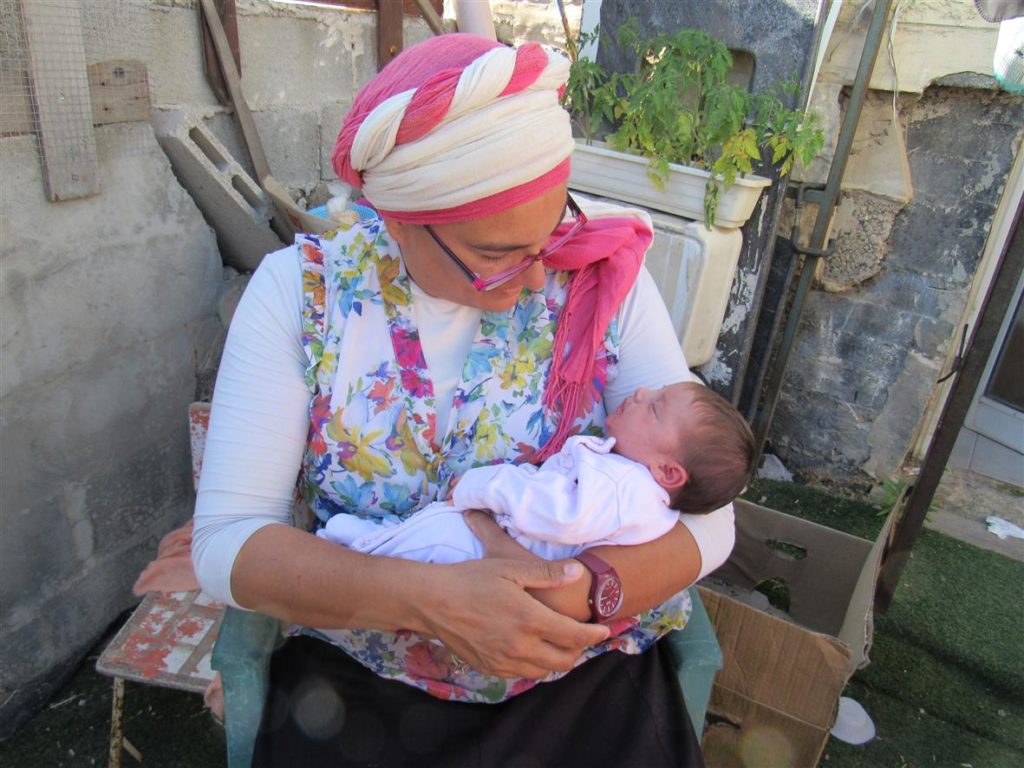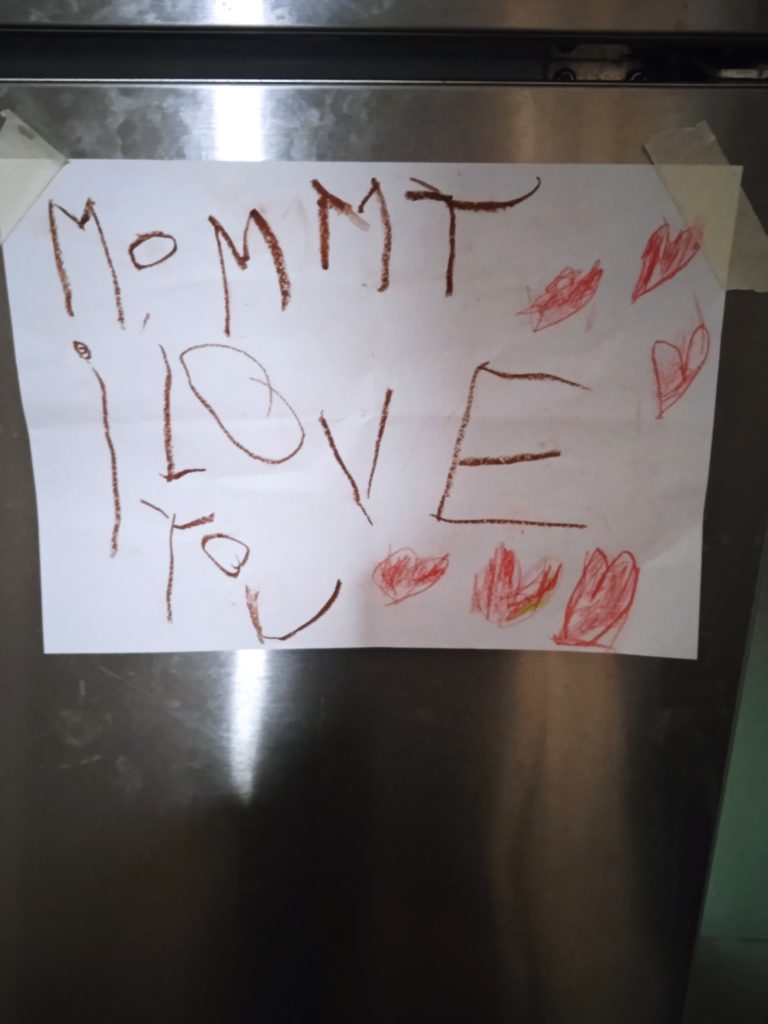It’s really interesting for me to be in the middle of the management meetings for two very different foster care placements.
The reasons that ds6 and the twins came into foster care were very different, and legally that has ramifications for how their cases are handled, as I’m seeing with the committee meetings for each of them taking place one day after another. The twins’ case is considered complex so there are extra voices involved in what happens with them.
The social worker called at the end of last week to review the details of the meeting and give me my new ‘to do’ list.
The meeting began with her report, in which she shared how the twins were when they came, and how they’re doing now. She gave a number of specific examples of improvements of what their behaviors were and what they are now. All markers of well-being are improved, some dramatically so.
If you expected the committee to be relieved or even pleased to hear the children have had a good transition and are thriving – they’re not.
Her report was challenged. Two people in attendance said it can’t be that so much change would be possible in this time period. Bad behaviors can’t just disappear. Their explanation? The behaviors must be happening and either I’m not seeing it, or I’m seeing it and not reporting it. The social worker told them that’s not likely being that we supervise them so closely around the clock, and told them to come and meet us and see the kids to see for themselves.
Then there were a couple of things they’re unhappy about:
–I didn’t yet have a meeting with the parenting instructor, and they want that person to come and see the children in person. This is the first time I was hearing that she needs to see them; that was never part of the conversation before. I don’t mind, though. Whoever wants can come and see them.
I told them previously I was willing to set up a meeting and they said the therapist would be in touch with me. She called yesterday morning, and my husband and I had a meeting with her last night.
–The children are sleeping in the same room. When I originally was asked about taking the children, I asked if they could sleep in the same room and was told they could. If I had been told they needed rooms of their own, that would have been a deal breaker for me and I wouldn’t have been able to agree to have them. Right before they came, there was a sudden demand that they be split up and given different rooms. I told my social worker I couldn’t accommodate that, and she said we could put it to the side.
Well, someone on the committee is furious and my social worker has said they’re willing to pull the kids from us and send them to separate homes rather than leave them in the same room.
Whether I like or agree with it or not, I’m not going to play with the lives of the twins; that’s for the committee members to do. So at this point I have to find a way to accommodate them.
Since I don’t have extra bedrooms available, the only possible option is to put ds5 in the same room as ds11 and ds6, and give dd5 her own room. I couldn’t have done this before knowing the children, because I wouldn’t have put our boys at risk by having them share a room with a child with unknown behavior. Now that the twins have been here for eleven weeks, safety is no longer a concern.
I switched the sleeping arrangements that same day my social worker called even though it’s better for all of the children involved to leave the sleeping arrangements as they are. People who don’t know the children are making these decisions based on concerns that aren’t relevant and that’s frustrating for me.
Sharing a room has been very comforting for the twins. They came unable to get along with one another and the previous dynamic between them puzzled me, because it was so much the opposite of what I would have anticipated in a scenario like theirs.
Whatever their relationship was, we’re constantly guiding them in how to interact appropriately, and now they get along well, look out for each other, and enjoy spending time together. Dd5 does not want to sleep in a room by herself; she gets scared and lonely when she’s alone and when I told her she’s going to have her teddy bear with her, that was scant consolation. It’s been a few nights now and she keeps asking me why she has to sleep alone.
As far as moving ds5 into the boys’ room, I had a few reasons I preferred he not be there.
Until now the boys’ room was their sanctuary where they could go when they wanted to play together without the twins, without anyone touching their things. They could close the door and no one could come in without their permission. This personal space was important for them; I wanted them to know that their space, their toys, and their relationship with one another didn’t have to be shared.
Now that ds5 is in that room, it’s hard for everyone involved to have any privacy. Ds5 doesn’t have a good sense of boundaries or an internal sense of what appropriate usage of items is. He touches everything and needs very close guidance as to what can be used and how it can be used.
Previously he had a room that was his, he knew it was his stuff and he could touch whatever he wanted. Not only that, he could tell others to stay out if he wanted – they had to honor his boundaries, just like he had to honor their boundaries if they didn’t want him to come into their room. All of that was very good and healthy.
Now he’s in a room with things that are mostly off limits to him, that are special to ds11 and ds6. It’s already created so many conflicts…Ds6 is really struggling emotionally, whereas until this bedroom switch he was doing great. The social worker was amazed by his ability to sincerely welcome and include the twins, without feeling his place had been stolen.
We’ve focused from the time they’ve come on giving him tons of time and attention, and he’s felt secure with them being here. Until now. In the last few days he’s been crying often, getting hurt and insulted over very little things, getting upset at the twins for little things, constantly snatching his toys way and telling them not to touch them, and is generally unhappy. This is a child with a very sunny and easygoing nature. It hurts me to see him struggling. We’re doing our best to support everyone’s adjustment and hopefully soon they’ll all get used to it.
——————————
A positive development that came up was that both twins will be placed in a new gan safa (kindergarten with extra supports) that will be opening in Yavneel. I’ve been trying and trying to find schools for them for the coming year and had no luck, so on one hand I’m relieved.
On the other hand, I don’t want them both in the same small class because it isn’t healthy for them – they need their time apart to develop their own relationships and this will push dd5 into a caregiving role for ds5 for the hours they are at school.
The concern of the two of them being in the same class was also discussed at the meeting. The brilliant committee minds found a perfect solution: since dd5 is on a higher level, they decided she can stay in this kindergarten for a few months, then be moved to a regular kindergarten without any supports.
I don’t want to say more than that’s not a plan that will be positive for her. But I’m continuing to trust that it will all work out for the best. Dealing with these committees is very good practice in emotionally letting go.
(Update: Immediately after publishing this, I got an update from the social worker that there’s another change happening now – since dd5 is the only girl out of nine children registered for this kindergarten, they’re going to place her in a regular kindergarten instead. The twins won’t be together, which is really good, and she won’t have to make a switch in the middle of the year, which is also good, but she will be in a large class without the supports that she is supposed to have.)
In response to the question previously asked in the comment section: are the social workers pleased with how well the twins are doing?
At this meeting, it doesn’t seem any appreciation for or positivity about their progress was noted and instead they are skeptical that they could be doing so well because they ‘know’ these kids are difficult.
Time will do its work. Right now there’s a lot of oversight because it’s a new placement and the committee members have a lot of concerns based on the past. Hopefully as things fall into place and they see that we’re working with them, they’ll become more relaxed, and future committee meetings will be more positive.
Avivah

